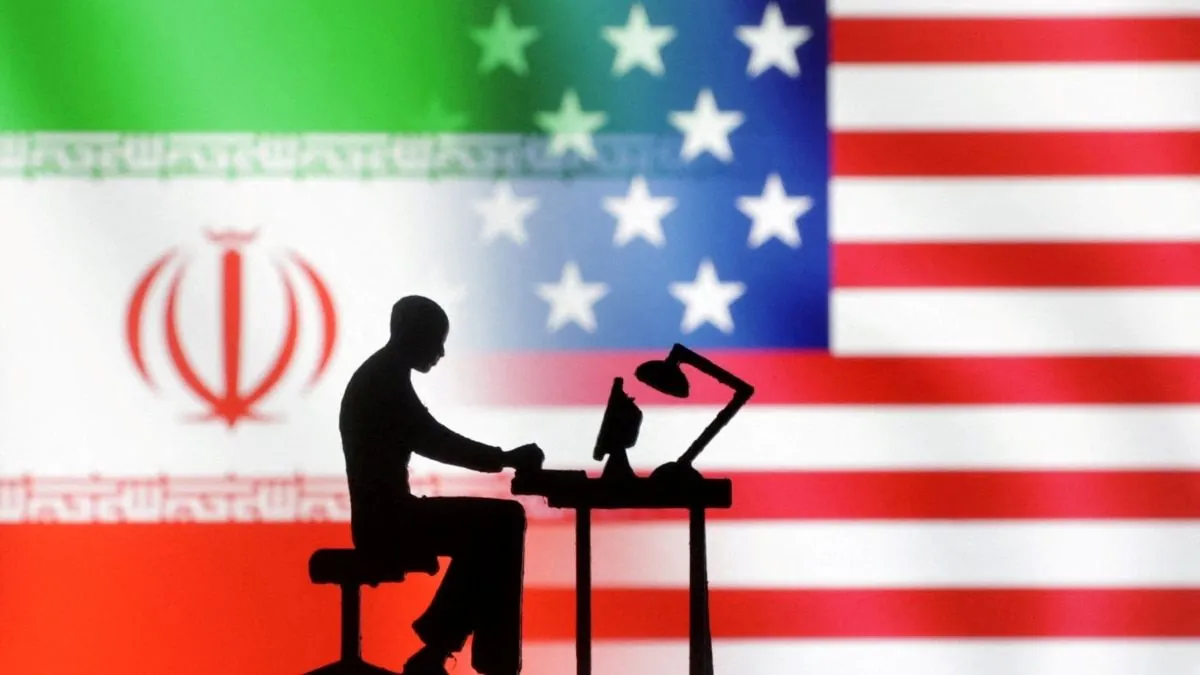Iranian Hackers Target Biden Campaign with Stolen Trump Data
FBI reveals Iranian attempt to interfere in 2024 U.S. election by sending hacked Trump campaign information to Biden associates. No response from recipients as government intensifies efforts to combat foreign election meddling.

Federal agencies have disclosed an Iranian attempt to interfere in the 2024 U.S. presidential election. The FBI, along with the Office of the Director of National Intelligence and the Cybersecurity and Infrastructure Security Agency, reported that Iranian hackers sent emails containing stolen information from Donald Trump's campaign to associates of Joe Biden's campaign.
This incident occurred in late June and early July 2024, approximately 48 days before the upcoming election on November 5. The emails, which contained non-public material from the Trump campaign, were sent unsolicited to individuals connected to Biden's team. Officials stated that there was no indication of any response from the recipients, many of whom regarded the emails as spam or phishing attempts.

The disclosure comes as part of the U.S. government's intensified efforts to combat foreign interference in elections. This approach marks a significant shift from the criticized response to Russian interference in the 2016 election. The FBI informed Trump aides about the incident just one day ago, on September 18, 2024.
"This is further proof the Iranians are actively interfering in the election to help Harris."
The Trump campaign publicly acknowledged the hack on August 10, 2024, revealing that Iranian actors had stolen and distributed sensitive internal documents. Several news outlets, including Politico, The New York Times, and The Washington Post, received leaked confidential material but have refrained from publishing details.
Intelligence officials believe Iran opposes Trump's reelection, viewing him as likely to increase tensions between Washington and Tehran. This assessment is rooted in recent history, including the U.S. withdrawal from the Iran nuclear deal in 2018 and the killing of Iranian General Qassem Soleimani in January 2020.
The incident highlights the ongoing challenges in safeguarding U.S. elections from foreign interference. In a Senate Intelligence Committee hearing held yesterday, executives from Meta, Google, and Microsoft briefed lawmakers on their plans to protect the election from cyberattacks and disinformation campaigns.
Brad Smith, Microsoft's President, emphasized the critical period leading up to the election, stating, "The most perilous time I think will come 48 hours before the election."
As the U.S. approaches the 2024 presidential election, the government and tech companies remain vigilant against potential threats to the democratic process, drawing on lessons learned from past interference attempts and implementing enhanced security measures.


































